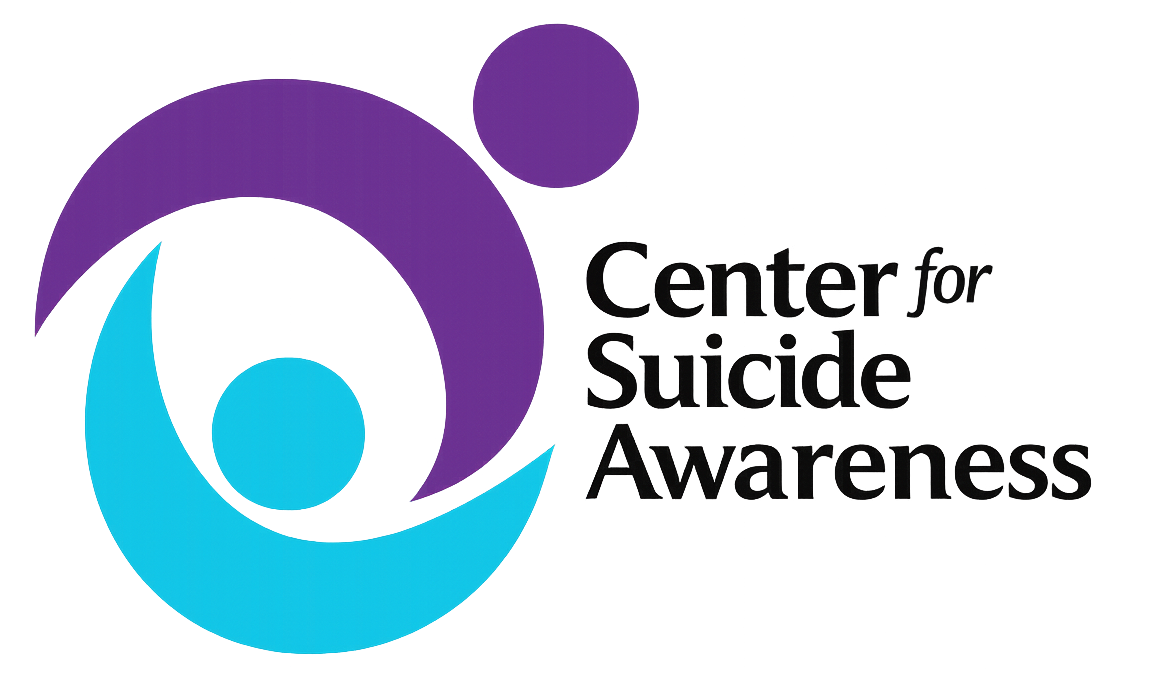Strengthening Frontline Resilience: Suicide Prevention Through Master Resiliency Training
Sep 22 2025 16:24
Renee Kasuboski
Frontline workers—police, fire, EMS, dispatchers, 911 operators, crisis line staff, and healthcare professionals—are often the first point of contact in times of crisis. While they dedicate their lives to saving others, the emotional and psychological toll of their work is immense. Long hours, high-stress situations, exposure to trauma, and the weight of responsibility all contribute to elevated risks of depression, anxiety, PTSD, and, tragically, suicide.
According to national data, first responders are significantly more likely to experience suicidal thoughts and behaviors compared to the general population. These hidden struggles often remain unspoken due to stigma, lack of resources, and the expectation to “stay strong” no matter the circumstances. But silence is dangerous—our frontline heroes need just as much care and protection as the communities they serve.
Why Resilience Training Matters
Master Resiliency Training (MRT) is an evidence-based program designed to address occupational trauma and equip frontline workers with tools to strengthen their mental, emotional, physical, social, and spiritual resilience. The training focuses on:
- Resilience – Developing the ability to recover, adapt, and thrive under stress.
- Mental health – Building strategies to cope with unique mental stressors and challenges.
- Physical well-being – Adopting habits that sustain health and performance.
- Social connections – Engaging with strong networks of support.
- Spiritual grounding – Finding meaning and purpose that sustains well-being.
This approach is not just about surviving difficult moments but creating a mindset and lifestyle that allow frontline professionals to continue serving with strength and stability.
Free Two-Day Training for Frontline Workers
In partnership with the Medical College of Wisconsin, the Center for Suicide Awareness provides free, two-day Master Resiliency Training programs tailored specifically for first responders and frontline professionals.
What participants can expect:
- Dynamic, interactive modules led by trained facilitators
- Practical tools and coping strategies for stress and trauma
- Team-based exercises that reinforce social support and communication
- Self-awareness training that helps identify early signs of stress overload
- Meals included – breakfast and lunch are provided each day
To ensure the best experience, a minimum of 15 participants is required for each training session.
The Impact
Frontline workers who have attended MRT describe it as life-changing. Many share that it is “the best training I have ever been to,” praising the practical application to real-world challenges and the opportunity to connect with peers who understand the unique weight of the job.
The training is not about replacing therapy or crisis care—it’s about prevention, skill-building, and resilience. By investing in frontline workers’ mental health, we reduce the risk of burnout, suicide, and secondary trauma, while strengthening entire teams and communities.
Suicide Prevention Starts with Support
During Suicide Prevention Month, we are reminded that mental health is health, and no one should carry the weight of trauma alone. By providing resources like Master Resiliency Training, we can build stronger, healthier, and more resilient frontline workers who continue to protect and serve with the tools they need to also protect themselves.
If you are a frontline professional—or know someone who is—consider registering for an upcoming training. Together, we can #DitchTheStigma, foster resilience, and make sure our community protectors have the support they deserve.
 If you're interested in setting up a training, please contact us at
info@centerforsuicideawareness.org
.
If you're interested in setting up a training, please contact us at
info@centerforsuicideawareness.org
.

